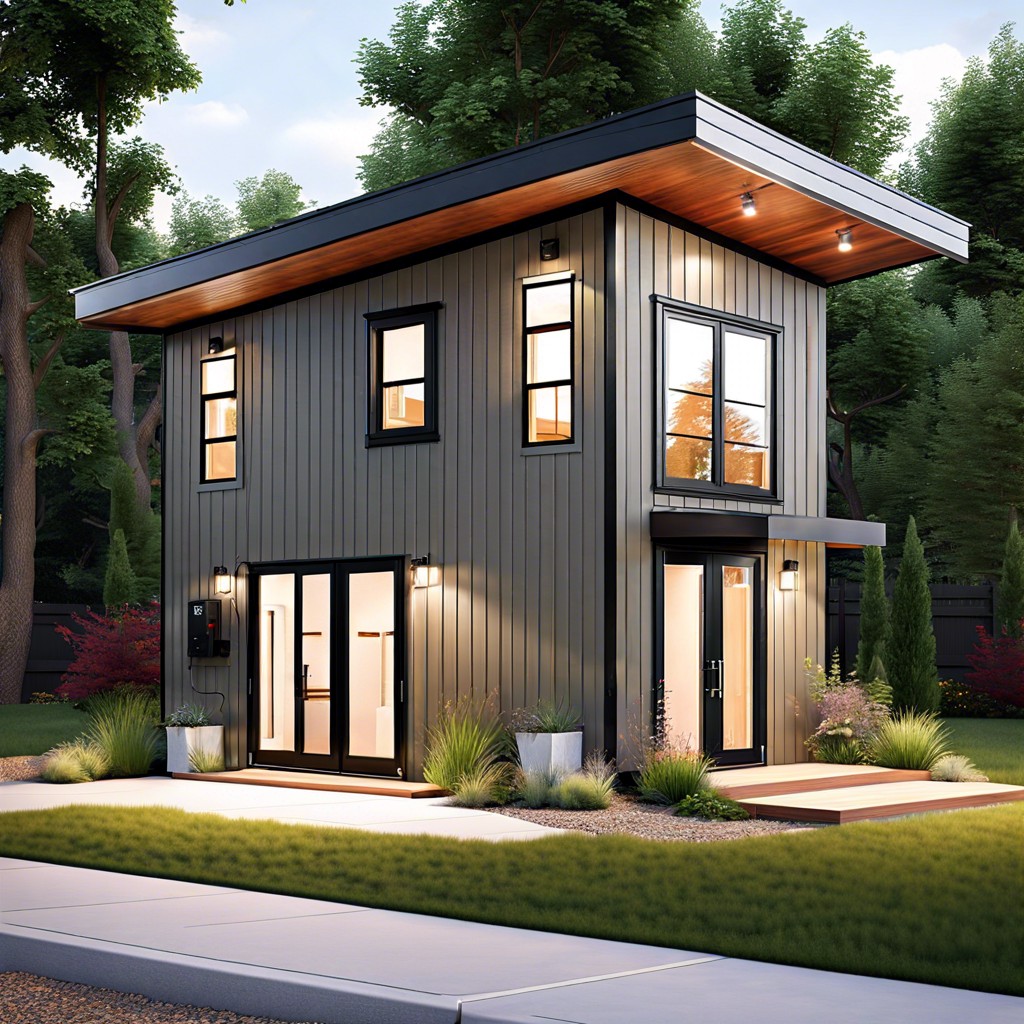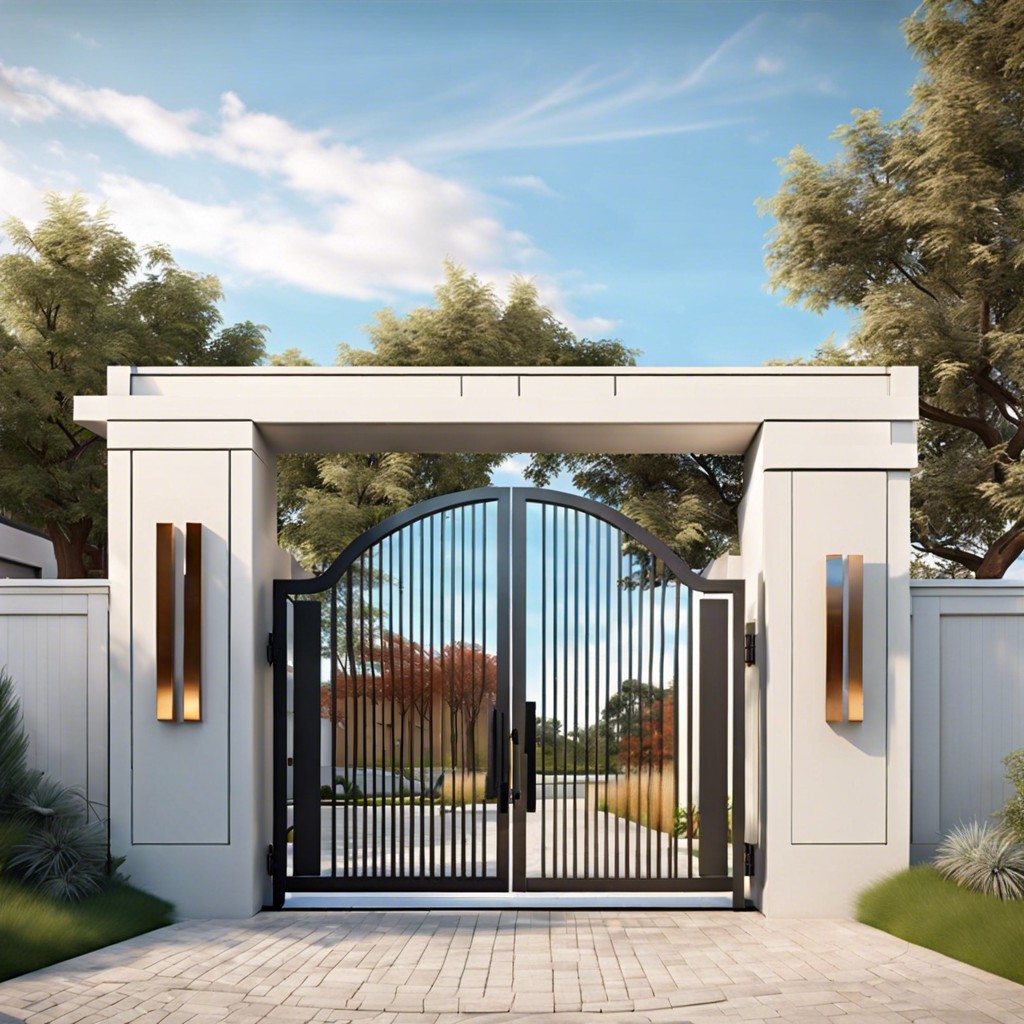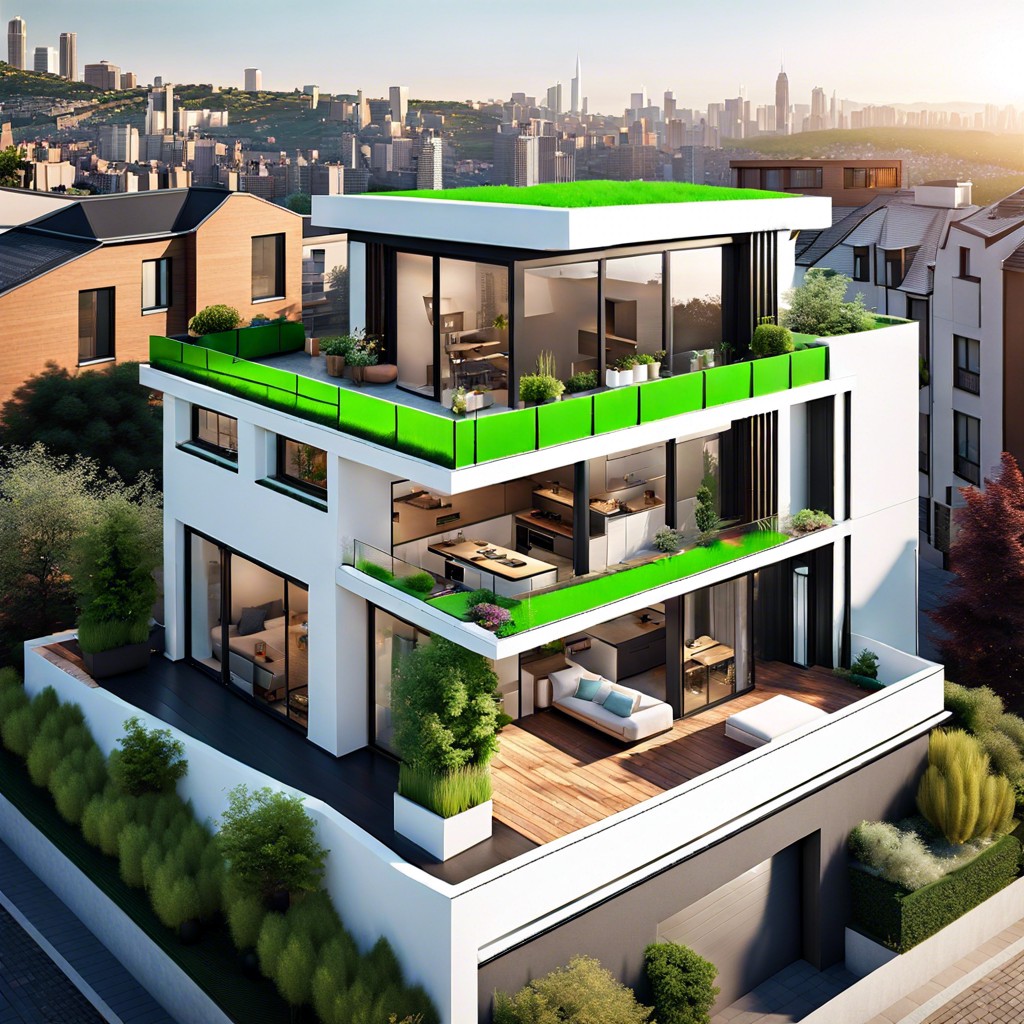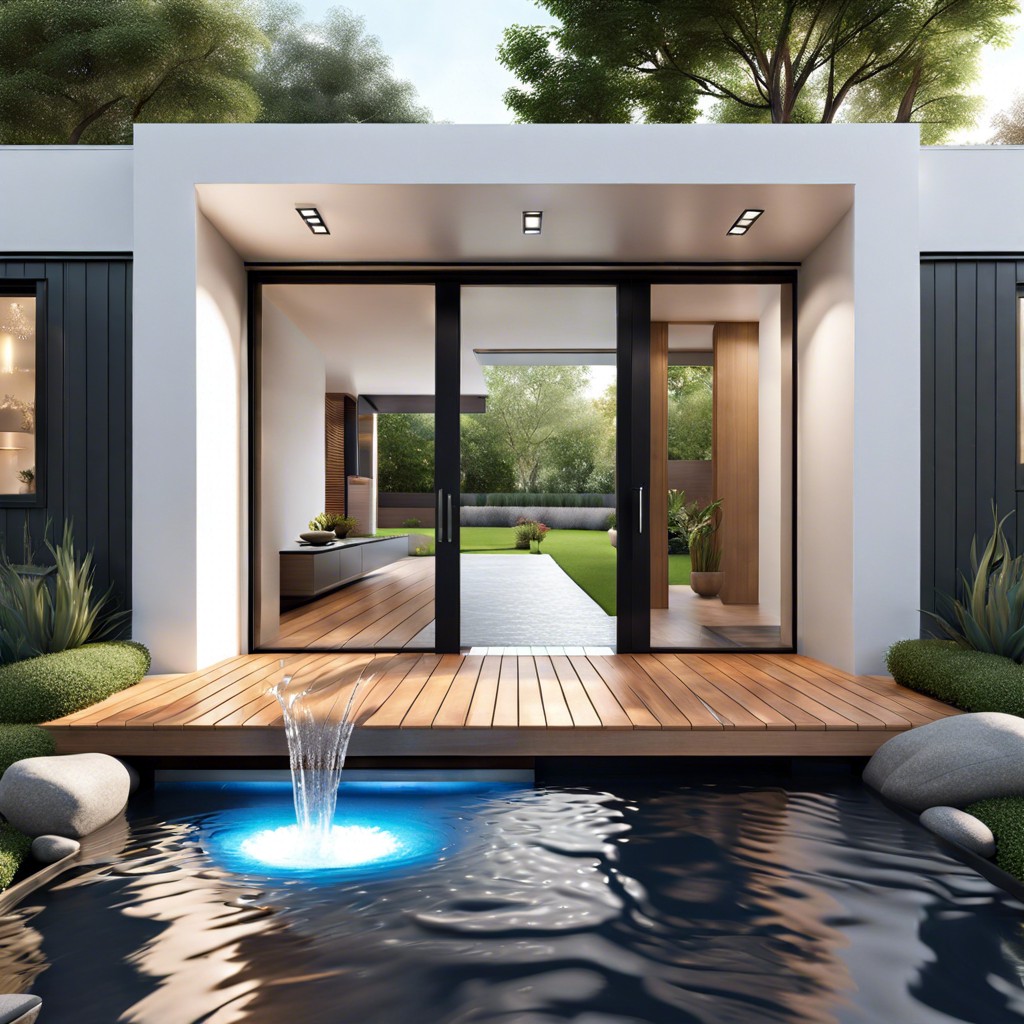Last updated on
Gain clarity on the electrical requirements for accessory dwelling units (ADUs) as we detail the essentials for safely and effectively powering your additional living space.
Key takeaways:
- Independent systems simplify metering and ensure adequate power supply.
- Assess existing electrical panel capacity for additional load.
- Install per National Electrical Code (NEC) for safety and functionality.
- Incorporate energy-efficient fixtures and plan for future upgrades.
- Work with a licensed electrician for safety and reliability.
The Basics of ADU Electrical Requirements

When planning for an accessory dwelling unit (ADU), the electrical system is a vital component that demands careful consideration. Here are several key points to understand when tackling the electrical needs of your ADU:
- Independent Systems: Often, ADUs require a separate electrical system from the main house. This not only simplifies metering but ensures that the dwelling has an adequate power supply.
- Capacity Check: It’s essential to assess whether the existing electrical panel has the capacity to handle the additional load of the ADU. If not, upgrading to a higher amp panel might be necessary.
- Code Compliance: Electrical installations must align with the National Electrical Code (NEC) for safety and functionality. These codes include specific requirements for wiring, outlets, and fixtures.
- Energy Efficiency: Incorporating energy-efficient fixtures and appliances can lower operating costs for occupants and reduce the overall environmental impact.
- Future Proofing: Installing conduits for future upgrades or technologies can be beneficial. Planning for electric vehicle charging stations or solar panel connections at this stage is cost-effective and forward-thinking.
- Licensed Professionals: Working with a licensed electrician is not only a regulatory requirement in many areas but also a wise choice to ensure the safety and reliability of your ADU’s electrical system.
Understanding these points sets a solid foundation for a successful ADU electrical installation, ensuring it is safe, compliant, and capable of meeting the needs of future occupants.
Understanding Zoning and Permitting
Zoning and permitting are pivotal in the ADU construction journey. Before delving into the electrical specifics, it’s crucial to establish the groundwork dictated by local regulations. These laws determine the feasibility and scope of your ADU project.
Always check with your city or county planning office for the latest codes and standards. This ensures you adhere to the permissible size, location, and infrastructure requirements, including electrical system compliance.
Permit applications for ADUs usually require detailed construction plans. These should feature your proposed electrical layout in accordance with local regulations, such as the placement of outlets and light fixtures.
Remember, zoning laws might dictate limits on power consumption and requirements for separate utility meters for your ADU. Understanding these nuances early on will guide your electrical design and prevent costly revisions.
Seeking the assistance of a licensed electrician or a professional specializing in ADUs can streamline this process. Their expertise in the local zoning and permitting landscape can be invaluable, allowing for a smooth approval process and ensuring your project meets all electrical safety standards.
Researching Local Regulations
Delving into the unique codes and compliances of your municipality is critical when planning for your ADU’s electrical system. Cities and counties can vary widely in their requirements – some might demand cutting-edge arc-fault circuit interrupters throughout the unit, while others stick to more traditional systems. Don’t forget to factor in the nuances like minimum receptacle counts per room or dedicated circuits for specific appliances.
It’s not just about being up to code though. The local utility company’s guidelines will also influence your electrical plan. They may have specific criteria for connecting a secondary dwelling unit to the existing utility grid. Sometimes this includes a separate meter installation for accurate billing between the main and accessory dwelling units.
Equally paramount is considering the future. Anticipating electric vehicle charging stations or solar panel installations means ensuring your system can be easily upgraded. Securing the necessary electrical capacity from the start saves headaches down the road.
Thus, scheduling a meeting with a building inspector or a permit service professional isn’t just a formality, it’s a strategic move to align your project with the latest requirements and avoid costly rework. They can provide clarification on the regulations and suggest the best practices for a fully compliant and functional electrical installation.
Electrical Panel Upgrades
When integrating an ADU into your property, it’s crucial to examine whether your existing electrical panel can handle the additional load. Older panels may have a capacity of 100 amps, which often falls short for today’s energy demands, particularly when an ADU is added. Most new constructions, including ADUs, will require at least a 200-amp panel to ensure a reliable power supply.
To determine if an upgrade is necessary, calculate the anticipated electrical consumption of your ADU, factoring in appliances, lighting, HVAC systems, and any high-demand electronics. Consult with a certified electrician who can perform a thorough evaluation of your current system and anticipate the needs of your ADU. If your panel requires an upgrade, there are several points to keep in mind:
- Cost: Upgrading an electrical panel is a significant expense, typically ranging from a few thousand dollars to several thousand, depending on the specific requirements and any additional upgrades needed to support the new panel.
- Permitting: Panel upgrades usually require a permit from your local building department. The process involves an inspection to ensure the work adheres to the National Electrical Code (NEC) and local regulations.
- Timeframe: An electrical panel upgrade can affect the entire home, requiring a power shutdown during installation. The process can take anywhere from a few hours to a couple of days. Planning for this downtime, and potential disruptions, is essential.
- Future-proofing: Consider potential future needs when selecting a new panel. Opting for a panel with more capacity than currently required can circumvent the need for another upgrade down the line, should you decide to expand your ADU or add other high-power features to your property.
With careful planning and expert advice, you’ll ensure that your ADU has a robust and safe electrical system, ready to meet both your present and future needs.
Circuit Requirements for ADUs
Navigating circuit requirements is crucial for ensuring safety and functionality in an ADU. Unlike a basic room remodel, ADUs are independent living spaces and often require a separate set of circuits to support the increased electrical load.
At a minimum, an ADU will need dedicated circuits for heavy-use appliances such as refrigerators, stoves, and washers. These ensure that high-demand appliances have the power they need without overloading the system.
Lighting and general-use outlets typically are serviced by a number of 15-amp or 20-amp circuits, depending on the layout and anticipated electrical demand of the unit. It’s important to spread the electrical load across different circuits to prevent overloading.
Ground-fault circuit interrupter (GFCI) outlets are a must in areas with moisture, like bathrooms and kitchens. These safety devices help prevent electrocution by quickly cutting off power if a short is detected.
For heating and cooling systems, you might need additional dedicated circuits, especially if you’re using a high-powered central system. Going for more energy-efficient options like mini-split systems could potentially reduce the electrical demands.
Lastly, consider the need for external circuits. These could be used for outdoor lighting or electric car charging stations—a feature becoming more popular and may add value to the ADU.
Always consult with a licensed electrician. They will ensure that your ADU meets both the National Electric Code and local requirements, assessing the proper amperage and the potential need for a subpanel, depending on the distance from the main house and its existing electrical system.
Table of Contents




